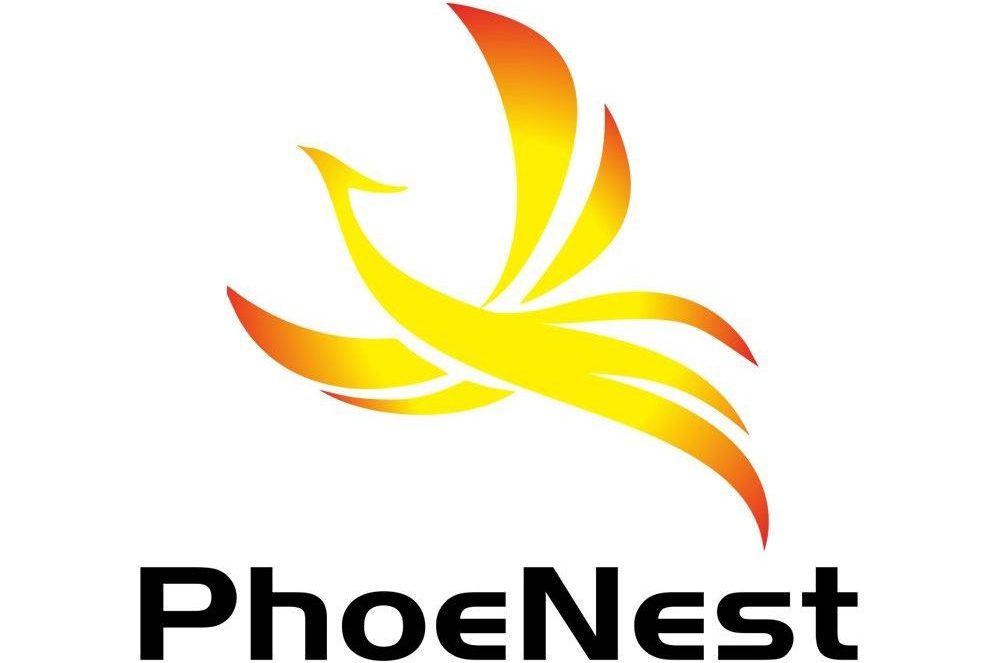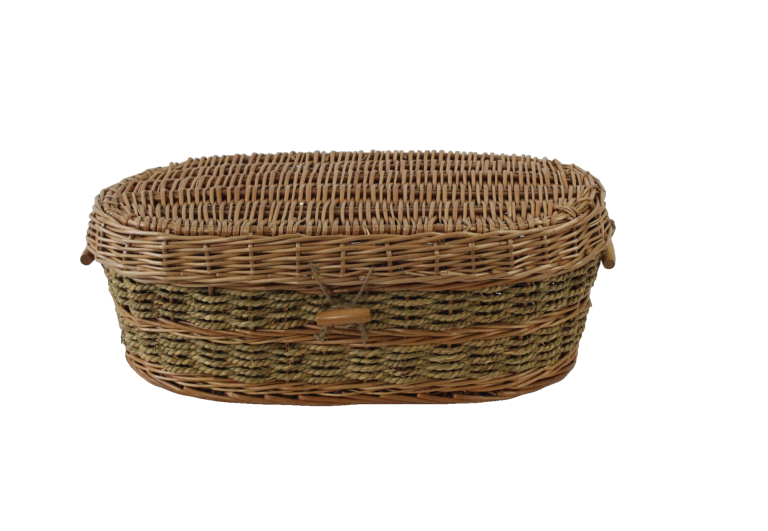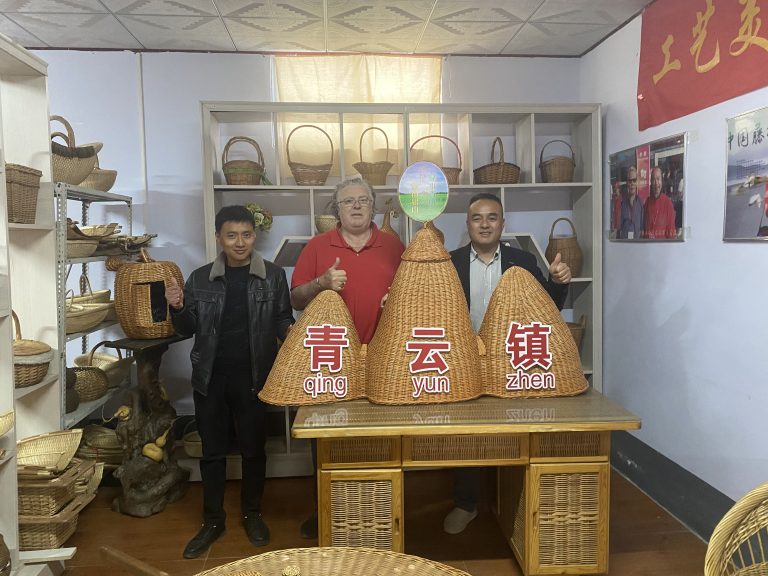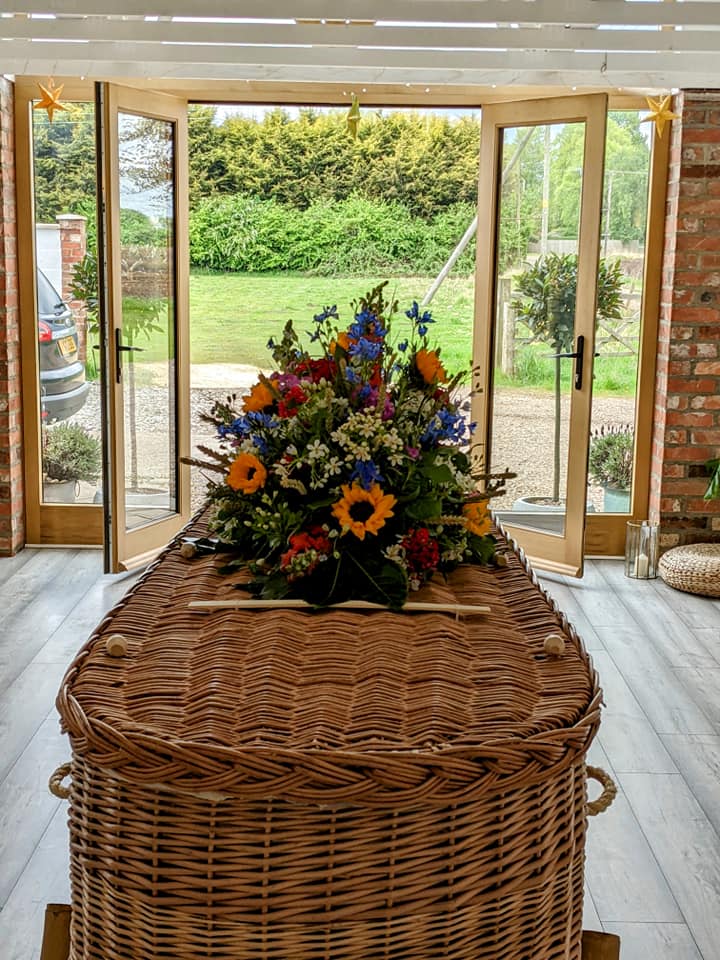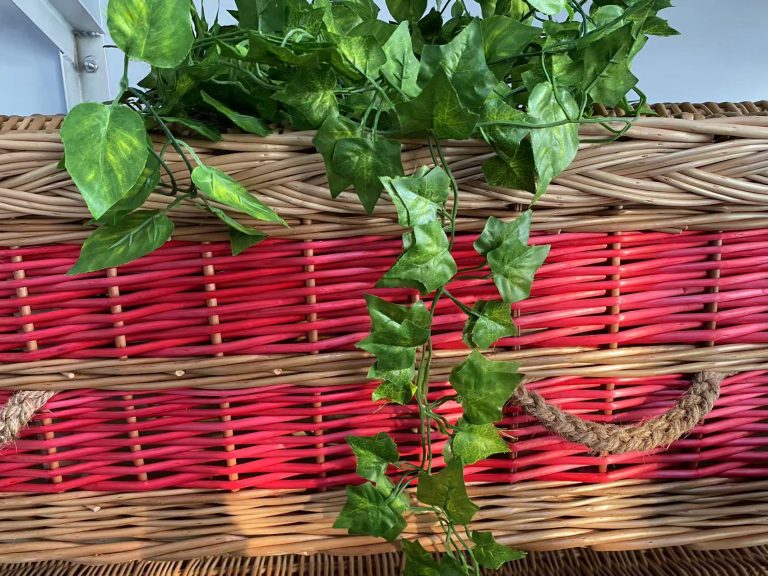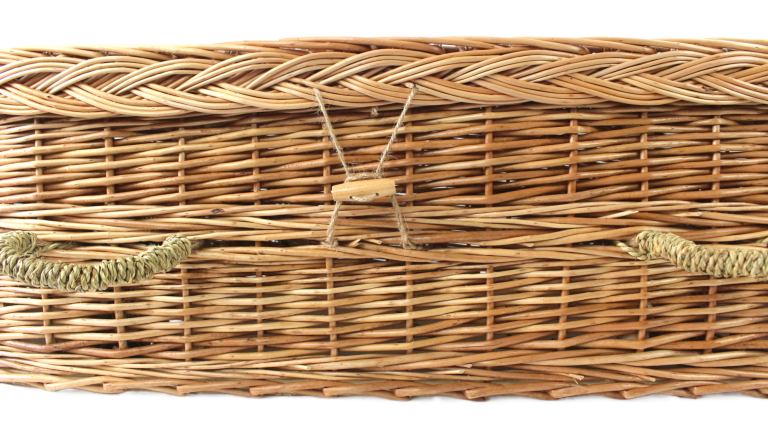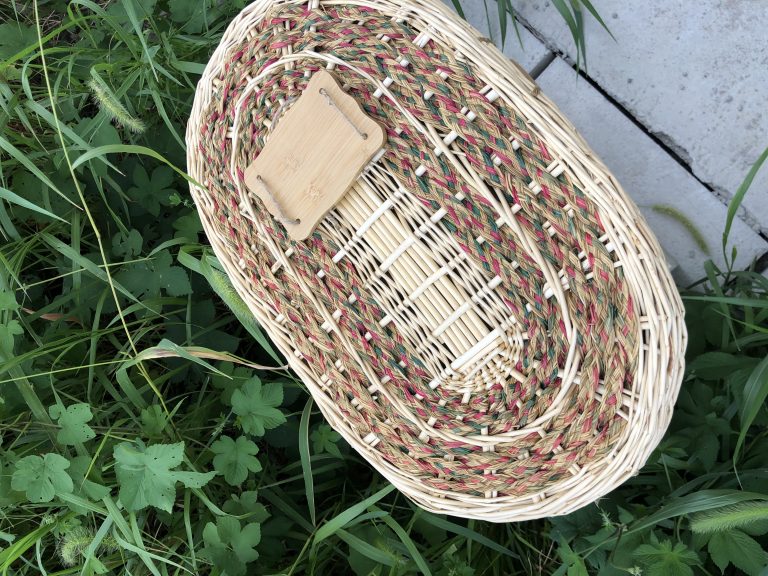A Global Perspective on Costs and CraftsmanshipIn an age of environmental awareness, wicker coffins—woven from natural materials like willow , rattan, or seagrass—have surged in popularity for eco-friendly burials and cremations. These biodegradable alternatives decompose naturally, minimizing ecological impact compared to traditional metal or hardwood caskets. Yet, many perceive them as prohibitively expensive, with prices often ranging from $500 to $1,500 globally. This article delves into the factors driving these costs from a worldwide viewpoint, while spotlighting China’s Linshu factories in Linyi as key players in making them more accessible through efficient production.
Globally, wicker coffin prices reflect regional variations in labor, materials, and market dynamics. In the United Kingdom, where natural burials are increasingly common, basic willow models start at £779.99, but premium handcrafted versions can reach £980.
For instance, the Warwick Rounded coffin sells for around £820-£850, often exceeding basic cardboard options but undercutting ornate wooden ones at £1,500+.
In Europe, prices in Germany and the Netherlands hover between €800 and €900, influenced by eco-incentives and regulations favoring biodegradable materials.
Across the Atlantic, U.S. consumers pay $800-$1,500, with states like California promoting green burials; however, sealing requirements for transport can add expenses, making them seem pricier than non-biodegradable alternatives.
In Australia, wicker coffins are marketed at 50% off retail, starting around AUD 800-1,200, yet families note they remain costlier than simple pine boxes due to import duties.
Social media discussions highlight this perception: users on X lament wicker costs exceeding £500 in the 1980s equivalents, with modern funerals ballooning to £5,000 including crematorium fees.
Several factors contribute to this perceived expense. First, craftsmanship is labor-intensive. Unlike mass-produced metal caskets, wicker coffins are handwoven by skilled artisans, requiring hours to create durable, aesthetically pleasing designs.
This artisanal process, often using traditional techniques, elevates costs—especially in Western markets where wages are high.
Materials also play a role: sustainably harvested willow or seagrass must be flexible and pesticide-free, involving careful selection and preparation like soaking branches.
Niche demand means lower production volumes, lacking economies of scale that cheapen conventional coffins. Add-ons like custom engravings, colorful weaves, or natural linings further inflate prices.
Import logistics compound this: shipping from production hubs adds tariffs, freight, and handling fees, with air freight noted as “too expensive” in recent X posts.
Funeral industry markups—sometimes 200-300%—exploit emotional buyers, as critics argue directors “price gouge” on eco-options.
Paradoxically, China’s Linshu County in Linyi, Shandong Province, mitigates these costs as the global epicenter of wicker coffin production. Known as “willow Town,” Linshu’s factories leverage a 1,000-year weaving heritage and vast plantations to produce over 20,000 units annually.
Companies like Phoenix Nest and Roconly funeral supplies offer wholesale prices as low as $120-$159 per piece for minimum orders of 40-100, far below retail.
Efficient processes—harvesting renewable willow , handweaving without heavy machinery—keep production costs low while ensuring eco-friendliness.
These source factories supply Europe, North America, and Australia, blending willow with grass or bamboo for durable, customizable designs.
X suppliers emphasize bundling to cut expenses, yet retail perceptions persist due to middlemen markups.
Linshu’s model supports local economies with fair labor, countering exploitation concerns in global chains.In essence, wicker coffins aren’t inherently exorbitant—they often save 30-50% over luxury caskets—but craftsmanship, imports, and markups create the illusion of expense.
Linshu’s factories democratize access, proving sustainability needn’t be unaffordable. As green funerals grow, education on sourcing could make them a practical choice worldwide.
Phoenix Nest ( Shandong ) Crafts Co.,Ltd.
Whatsapp: +86-18265103836 (Whatsapp & Wechat & Tel)
Email: jason@phoenxinestcoffin.cn
#willow coffin#greencoffins#bamboocaskets#urns#naturalcoffins#chinafactory#scattertube#naturalburial#FuneralSupplies#cross#flowerbands#shrouds #carrierfuneral We are a factory supporting eco friendly green funeral(natural willow coffins\bamboo caskets and so on) .. for detail please contact us www.phoenixnestcoffins.com;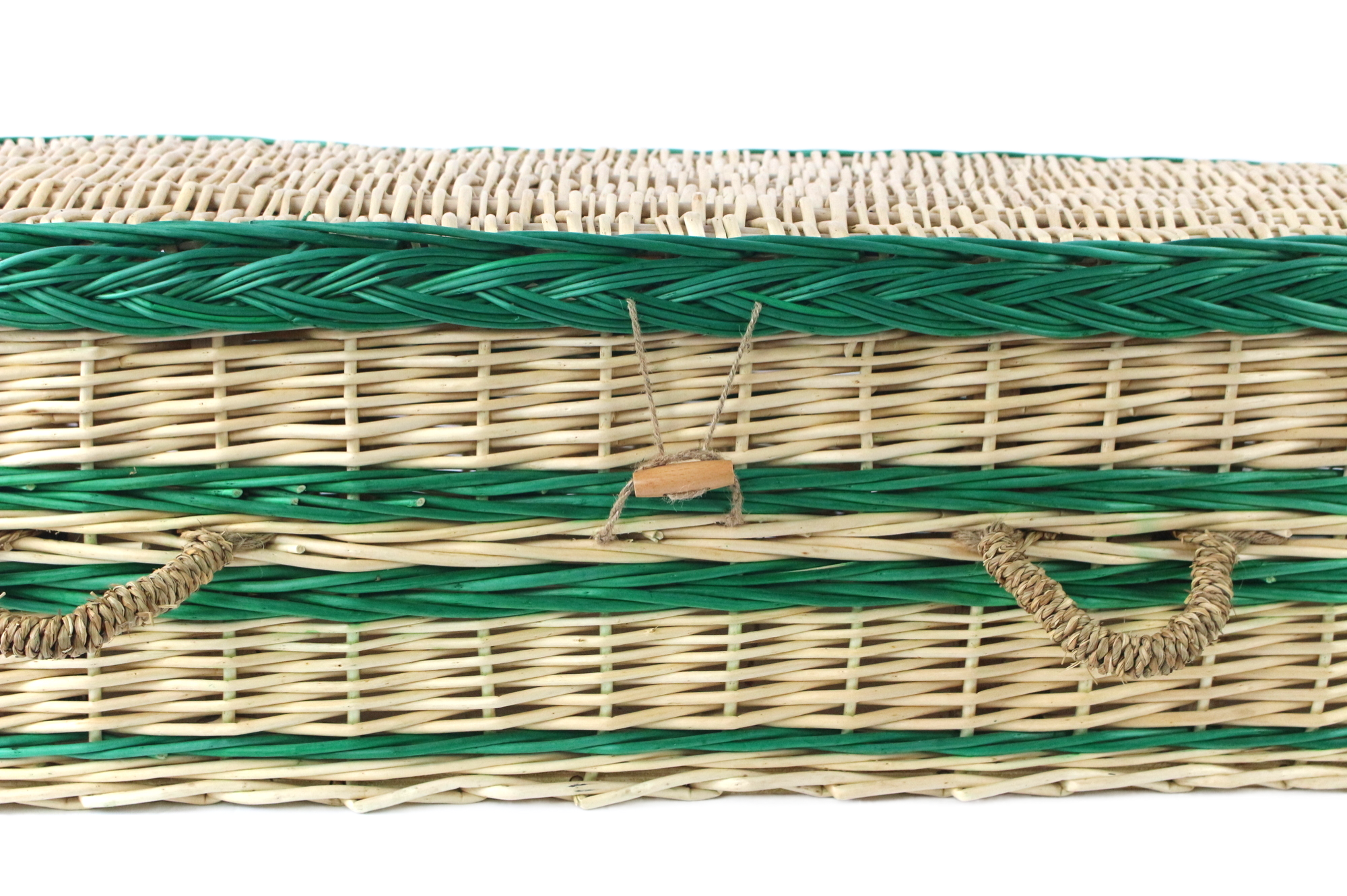 Our woven coffin may be beautifully handmade but they are not built to last #phoenixnestcoffins #naturalfuneral #flowerbands #greenfuneral #natrualburial @everyone@followers
Our woven coffin may be beautifully handmade but they are not built to last #phoenixnestcoffins #naturalfuneral #flowerbands #greenfuneral #natrualburial @everyone@followers
